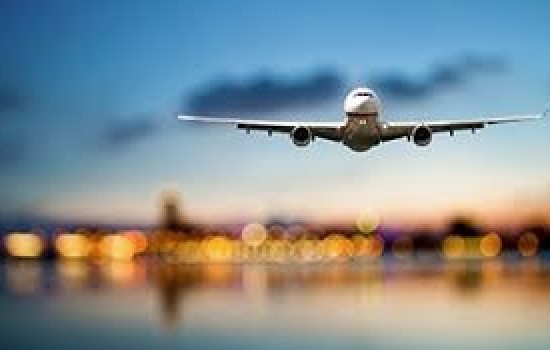

Boston – The International Air Transport Association (IATA) reported that air travelers are increasingly frustrated with the COVID-19 travel restrictions. A survey commissioned by IATA of 4,700 respondents in 11 markets in September demonstrated confidence that the risks of COVID-19 can be effectively managed and that the freedom to travel should be restored.
- 67% of respondents felt that most country borders should be opened now, up 12 percentage-points from the June 2021 survey.
- 64% of respondents felt that border closures are unnecessary and have not been effective in containing the virus (up 11 percentage points from June 2021).
- 73% responded that their quality of life is suffering as a result of COVID-19 travel restrictions (up 6 percentage points from June 2021).
“People are increasingly frustrated with the COVID-19 travel restrictions and even more have seen their quality of life suffer as a result. They don’t see the necessity of travel restrictions to control the virus. And they have missed too many family moments, personal development opportunities and business priorities. In short, they miss the freedom of flying and want it restored. The message they are sending to governments is: COVID-19 is not going to disappear, so we must establish a way to manage its risks while living and traveling normally,” said Willie Walsh, IATA’s Director General.
Support grows for testing or vaccination to replace quarantine
The biggest deterrent to air travel continues to be quarantine measures. 84% of respondents indicated that they will not travel if there is a chance of quarantine at their destination. A growing proportion of respondents support the removal of quarantine if:
- A person has tested negative for COVID-19 (73% in September compared to 67% in June)
- A person has been vaccinated (71% in September compared to 68% in June).
With the vaccination rates globally increasing, 80% of respondents agree that vaccinated people should be able to travel freely by air. However, there were strong views against making vaccination a condition for air travel. About two-thirds felt it is morally wrong to restrict travel only to those who have been vaccinated. Over 80% of respondents believe that testing before air travel should be an alternative for people without access to vaccination.
While 85% are willing to be tested if required in the travel process, several issues remain:
- 75% of respondents indicated that the cost of testing is a significant barrier to travel
- 80% believe that governments should bear the cost of testing
- 77% see the inconvenience of testing as a barrier to travel
“There is a message here for governments. People are willing to be tested to travel. But they don’t like the cost or the inconvenience. Both can be addressed by governments. The reliability of rapid antigen tests is recognized by the World Health Organization (WHO). Broader acceptance of antigen testing by governments would reduce inconvenience and cost—costs that the WHO’s International Health Regulations stipulate should be borne by governments. It is also clear that while people accept testing and other measures such as mask-wearing as necessary, they want to return to more normal ways of travel when it is safe to do so,” said Walsh.
High confidence with travel experience, struggling with COVID-19 rules
Among those who have traveled since June 2020, 86% felt safe on board the flight owing to the COVID-19 measures.
- 87% believed protective measures are well implemented
- 88% felt airline personnel are doing a good job in enforcing COVID-19 rules
There is also strong support for wearing masks, with 87% of respondents agreeing that doing so will prevent the spread of COVID-19.
With more markets starting to open to travel, an area that needs to be addressed is the COVID-related travel rules and requirements.
- 73% of those who have traveled since June 2020 found it challenging to understand what rules applied for a trip (up from 70% in June)
- 73% felt the COVID-19 paperwork was challenging to arrange (also up from 70% in June)
“People want to travel. 86% expect to be traveling within six months of the crisis ending. With COVID-19 becoming endemic, vaccines being widely available and therapeutics improving rapidly, we are quickly approaching that point in time. People also tell us that they are confident to travel. But what those who have traveled are telling us is that the rules are too complex and the paperwork too onerous. To secure the recovery governments need to simplify processes, restore the freedom to travel and adopt digital solutions to issue and manage travel health credentials,” said Walsh.
October 06, 2021
